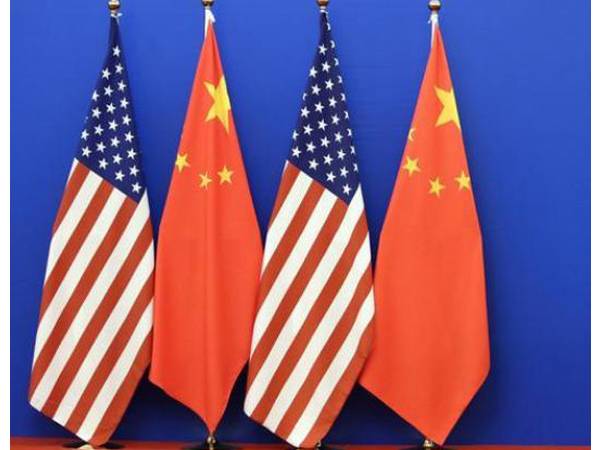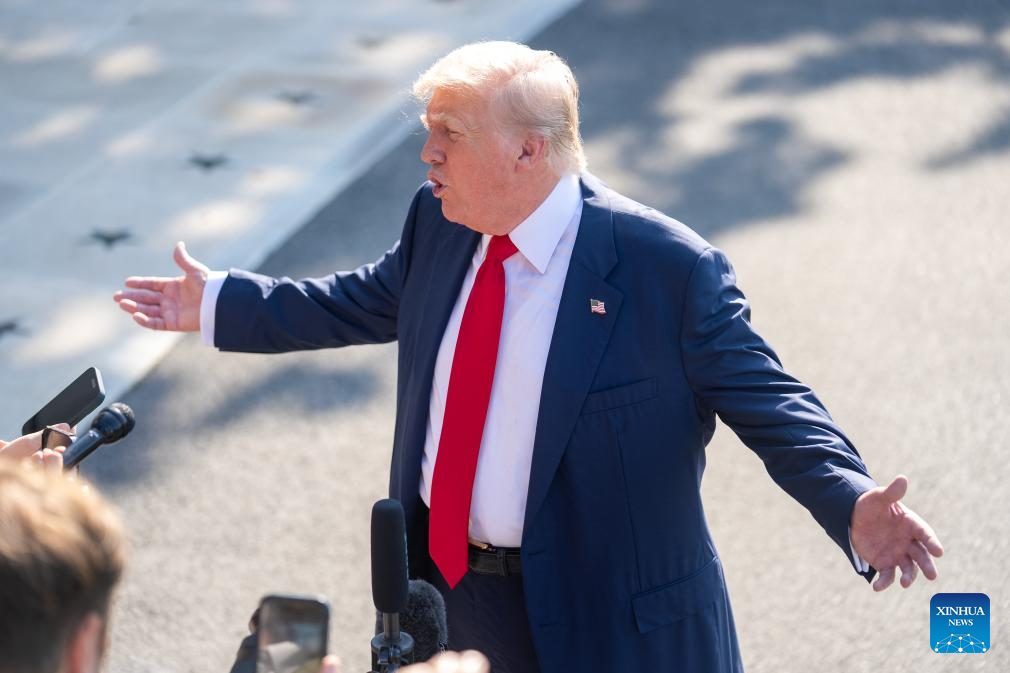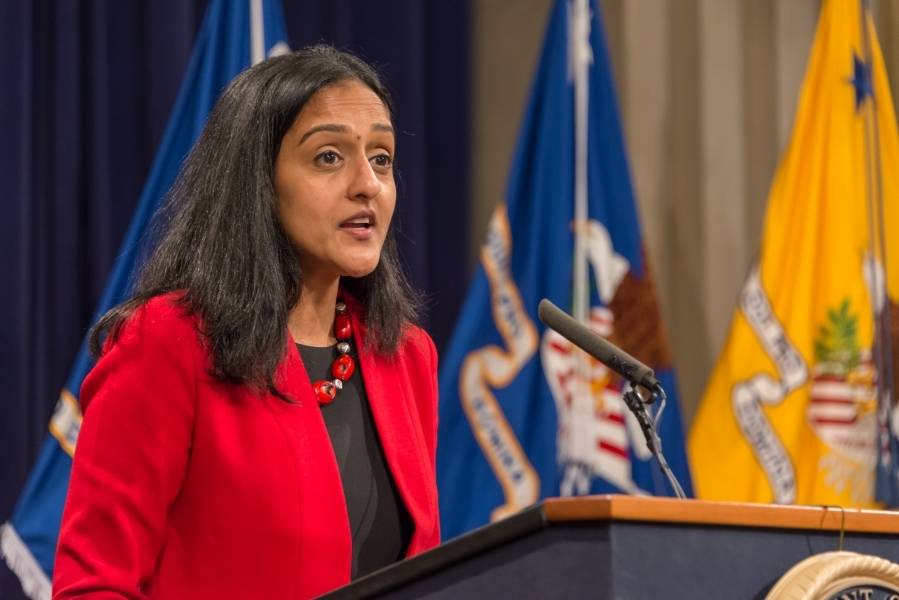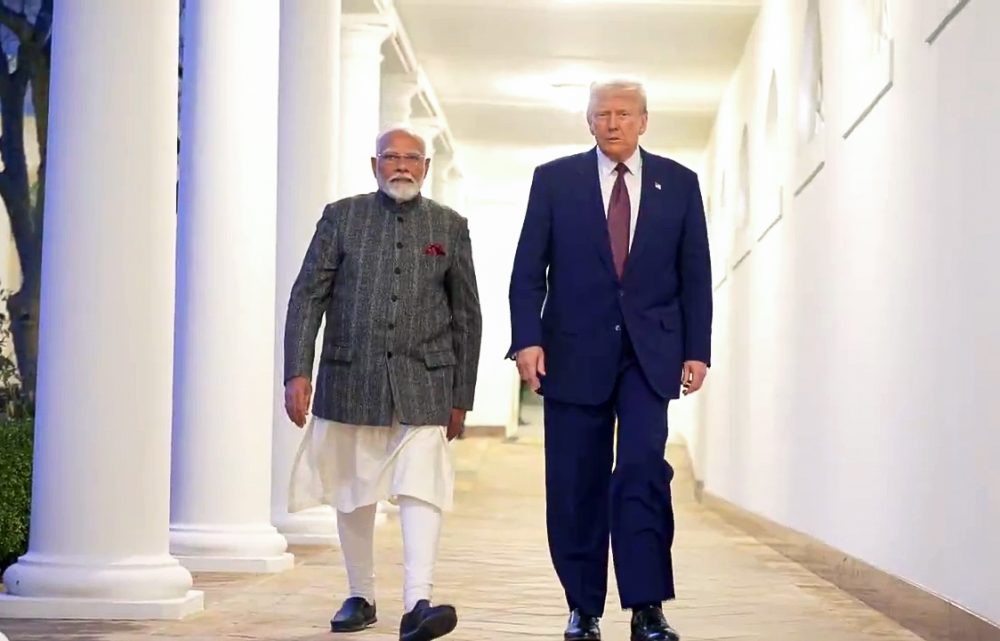The 21-1 panel vote sends The Strategic Competition Act to the floor for a full chamber vote. Senator Rand Paul cast the lone vote opposing the legislation…reports Asian Lite News
The US Senate Foreign Relations Committee on Wednesday passed sweeping legislation to push back on China on a number of issues, including human rights and its gross economic practices.
The 21-1 panel vote sends The Strategic Competition Act to the floor for a full chamber vote. Senator Rand Paul (Republican from Kentucky) cast the lone vote opposing the legislation, as reported by The Hill.
“There has been no shortage of discussion in recent years about the need to reimagine our nation’s competitive posture towards China. There has, however, been a lack of results — until today. With this overwhelming bipartisan vote, the Strategic Competition Act becomes the first of what we hope will be a cascade of legislative activity for our nation to finally meet the China challenge across every dimension of power, political, diplomatic, economic, innovation, military and even cultural,” said Senator Bob Menendez the Foreign Relations chair, according to The Hill.
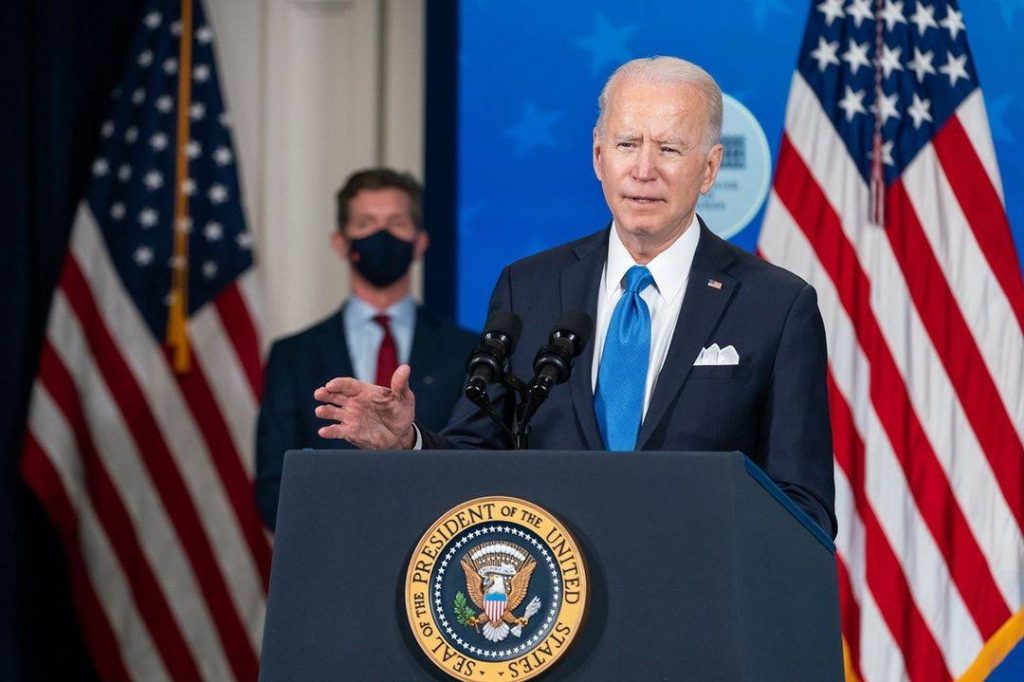
“From the beginning, I have said that any China legislation needs to be strong, actionable, and truly bipartisan. I believe the package we passed out of committee today meets those criteria,” added Senator Jim Risch (from Idaho), the committee’s top Republican.
The Hill further reported that the bill would implement a slew of investments, including USD 655 million in Foreign Military Financing funding for the Indo-Pacific region and $450 million for the Indo-Pacific Maritime Security Initiative. It also expands the powers of the Committee on Foreign Investment in the United States, which analyzes international financial transactions in an effort to pick up on any national security risks.
Also read:Australia annuls BRI deal with China
The legislation also designates $10 million for the State Department to promote democracy in Hong Kong and includes several measures to boost the defence capabilities of Taiwan — of which, China claims full sovereignty of.As per The Hill, the legislation’s passage comes as the relationship between Washington and Beijing grows increasingly strained. The US has lambasted China over cyber-attacks and intellectual property theft, human rights abuses against the Uyghur Muslims in the Xinjiang Province and crackdowns on pro-democracy protesters in Hong Kong.
While lawmakers touted the bipartisan nature of the vote Wednesday but maintained the bill alone is insufficient to significantly alter China’s aggressive behaviour.
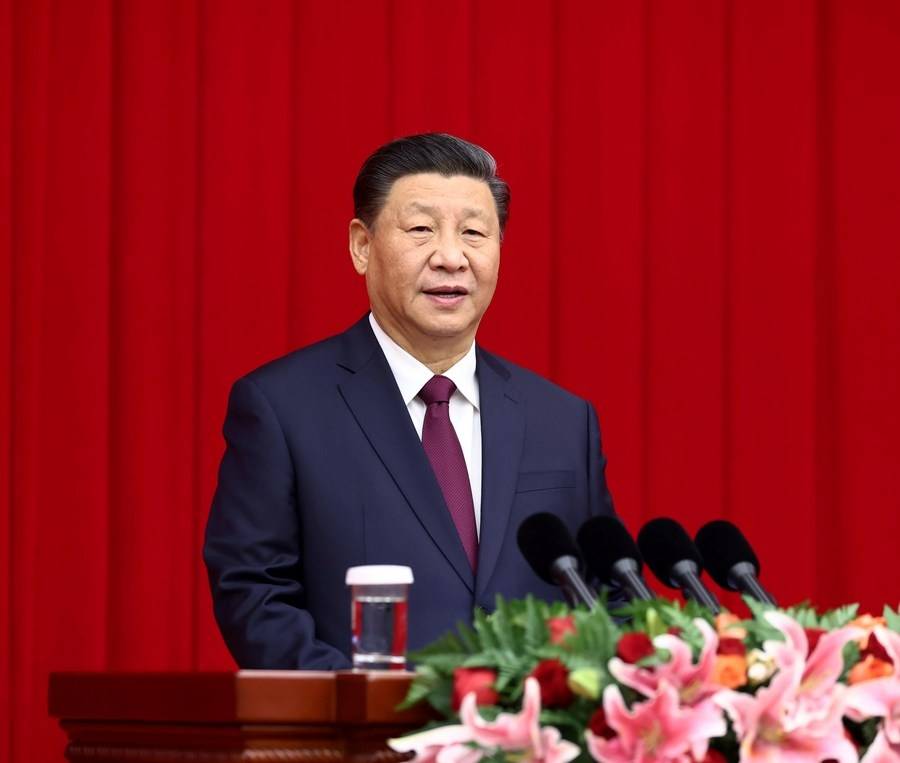
“I don’t believe anyone would think that this legislation is going to change China’s march toward a global hegemony of autocracy and repression,” said Senator Mitt Romney (Republican from Utah), adding “I would suggest we have a lot more work to do.”
The bill would mandate forcing Beijing to honour a 2016 ruling by an international tribunal that artificial islands China had built near the Philippine coastline, including at Mischief Reef, violated Manila’s sovereign rights.
Also read:The new US strategy to edge out China
Asked about the bipartisan legislation, State Department spokesman Ned Price earlier declined to comment specifically on the Menendez-Risch bill, but added: “We have spoken of competition with China as a defining challenge for this administration, that we will enjoy the greatest amount of success when we work hand in hand with Congress, and when our proposals, find support on both sides of the aisle.”
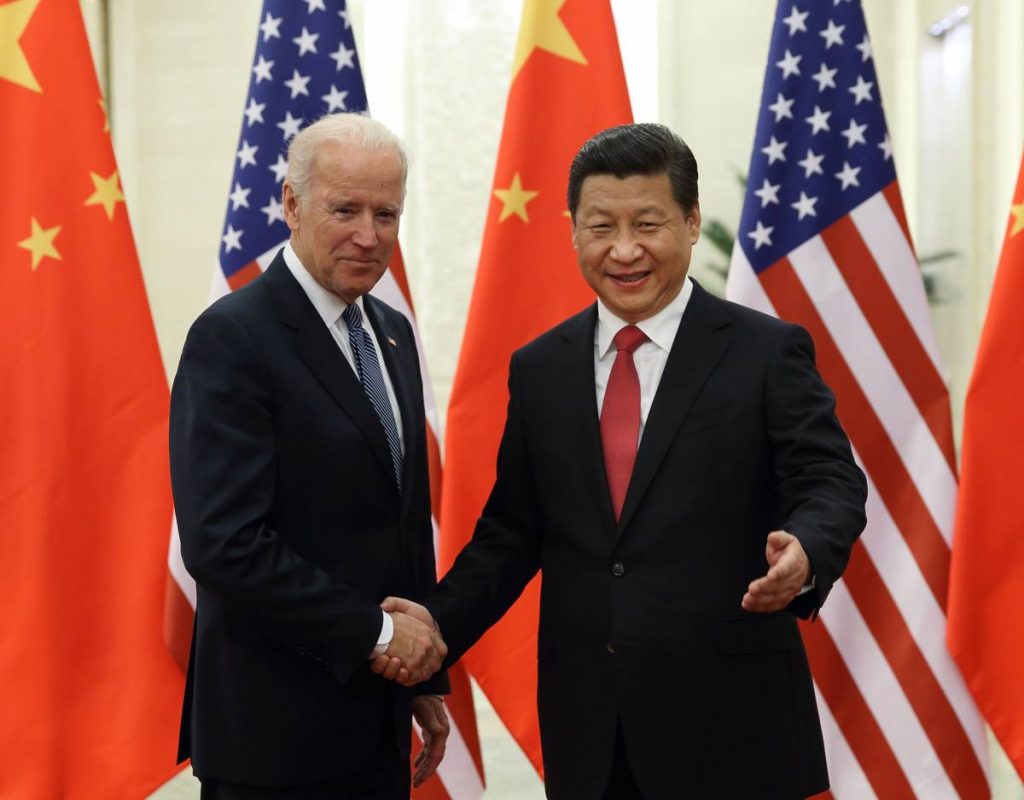
“We have been heartened that there is a good deal of bipartisan agreement when it comes to how we should and could approach the government in Beijing,” he said.
Under the former President Donald Trump’s administration, ties between the two countries had deteriorated over issues such as human rights violations in Xinjiang, encroachment on the special status of Hong Kong, accusations of unfair trade practices by Beijing, lack of transparency concerning the pandemic and China’s military aggression in various parts of the world.
Also read:Canada busts int’l drug racket with links to India, US


